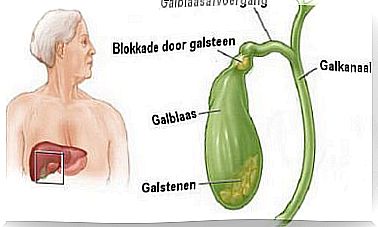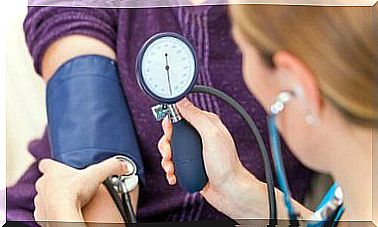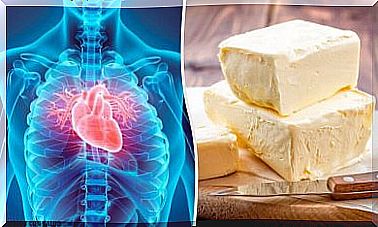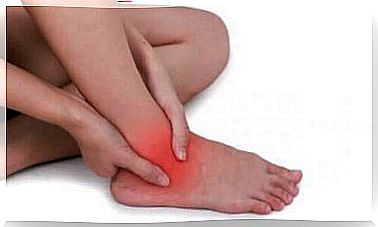Preventing A Stroke With These 7 Tips
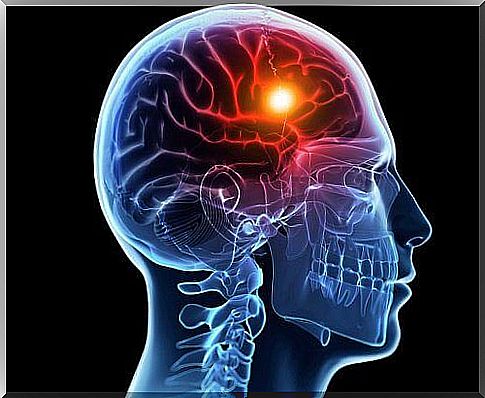
Strokes are one of the most common neurological problems. Although they occur most often in people over the age of 65, we must remember that younger people cannot be excluded from this serious medical problem. There are two different types of stroke: ischemic (a cerebral infarction) and hemorrhagic (a brain haemorrhage). Completely preventing a stroke is actually impossible. Anyone, regardless of age, gender or race, can have a stroke at some point.
But you can influence how big the risk is that is directly related to your lifestyle and your habits.
We all know to some extent that there are certain things that we do every day of our lives that affect our health: smoking, living an inactive life, etc. It’s just a situation where you have to be aware of the risks and take responsibility for them.
Start today and take better care of yourself. So live in harmony with your body and your emotions and lower your risk of stroke.
If you want to prevent a stroke (or lower the risk of it) read these 7 tips
1. Control your blood pressure
Your blood pressure is the most important factor in preventing heart attacks and strokes. The problem is that we often don’t control this important health indicator well enough.
Sometimes we associate a headache, a racing heart, or dizziness with ordinary fatigue from everyday life. If you have these symptoms, it’s important that you take the right, logical step and see a doctor to get your blood pressure under control.
How can I lower my blood pressure?
- Eat less salt.
- Avoid cholesterol-rich foods.
- Increase your intake of fresh fruits and vegetables, as well as whole grains. These are all high in fiber.
- Don’t sit too much.
- If you smoke, change this today.
2. Control your weight

Being overweight increases your risk of a stroke. This also applies to the complications associated with being overweight, such as high blood pressure, diabetes, etc.
How do you lose weight in a healthy way?
Before starting a diet, ask your doctor about the best way for you to lose weight. Sometimes weight problems are caused by hormonal issues that need to be treated.
- Do aerobics.
- Drink enough water.
- Have five small meals throughout the day.
- Eat fruits, vegetables and fiber-rich products such as grains or chia seeds.
- Avoid saturated fats.
3. Know your family history

Some people have a higher risk of stroke than others. We are not just talking about lifestyle. Sometimes your family history is an important factor. It is always a good idea to know your family history. Not only those of your parents, but also those of your grandparents and your uncles and aunts.
If there is a history of death from stroke, you should pass this information on to your doctor. This is important so that your doctor can take appropriate precautions if necessary. That way you can already prevent a stroke (or lower the risk of it) by taking preventive measures.
It should be made clear that a family history of strokes does not mean that you will have one. It increases the risk, but nothing is certain.
Also interesting to read:
9 foods that can help prevent thrombosis and stroke
4. The Best Diet to Prevent Strokes
Managing your stress, exercising regularly and eating a healthy and varied diet can help you prevent a variety of conditions.
In this case, you should include the following foods in your diet to reduce the risk of stroke:
- carrots
- Brussels sprouts
- Avocados
- tomatoes
- Melon and watermelon
- Sardines in olive oil
- Green tea
- walnuts
- Cereals
5. Beware of Atrial Fibrillation
Atrial fibrillation is a type of cardiac arrhythmia in which your heart beats in an abnormal way. This problem occurs when blood clots form in your heart. They can flow to your brain and cause a stroke.
If you notice the following symptoms, you should contact your doctor immediately:
- Fatigue
- palpitations
- Headache
- Breathing difficulties
6. Preventing and Treating Diabetes
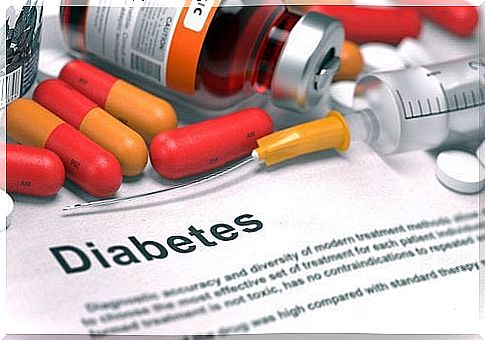
Diabetes can make strokes worse.
When the oxygen supply is cut off, there are usually other blood vessels that can function as a bypass and limit the effect. But if you have diabetes, your arteries may be less flexible or even clogged due to atherosclerosis. This makes it more difficult to supply blood to the brain.
7. Quit Smoking
You’ve already read that we mentioned the importance of quitting smoking, but we don’t want to end this article without reiterating the risk this hugely harmful habit poses to your health and especially to the blood vessels in your brain.
Tobacco accelerates the formation of blood clots. Your blood thickens, plaque builds up in the arteries and your risk of stroke rises.
Start living better now to avoid stroke. Take care of yourself and enjoy better health and a better quality of life. When in doubt, always consult a doctor.
Featured image courtesy of wikihow.com
